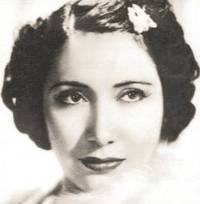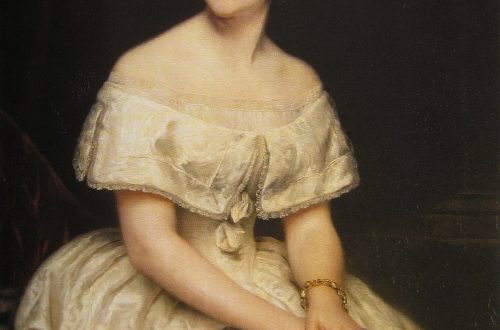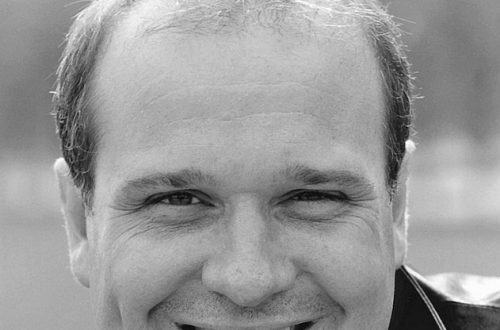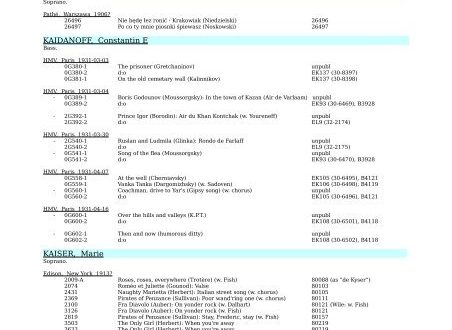
Мафальда Фаверо (Mafalda Favero) |
Mafalda Favero

Mafalda Favero, an excellent lyric soprano, belongs to those singers whose name does not remain among the legendary ones over time, but is highly appreciated by specialists and true opera lovers. The talent of the singer, bright and uncomplicated, the richness of timbres, as well as her bright temperament made her a favorite of the public. As noted by J. Lauri-Volpi, in the 30s. she was “regarded as Italy’s most distinguished lyric soprano”.
M. Favero was born on January 6, 1903 in the small town of Portamaggiore near Ferrara. She studied singing in Bologna with A. Vezzani. Her first appearance on the opera stage (under the name Maria Bianchi) took place in 1925 in Cremona, when she had to urgently replace an ill artist in Rural Honor (Lola’s part). However, this experience at that time proved to be episodic. The full debut of the artist was the part of Liu (one of the best in her career) in Parma in 1927. On the same stage, the young singer also successfully performed as Elsa in Lohengrin and Marguerite in Mephistopheles.
In 1928, Arturo Toscanini invited Favero to La Scala to play the part of Eva in The Nuremberg Mastersingers. Since then, she sang in this theater constantly (with short breaks) until 1949. In 1937, Favero made his brilliant debut in the Coronation Season of Covent Garden (Norina, Liu), and in 1938 at the Metropolitan as Mimi (together with another theater debutant, J. Björling). A number of her performances in the Arena di Verona in 1937-39 were also marked by particular success. (Marguerite in Faust, Mimi).
Favero was a member of a number of world premieres of operas by Alfano, Mascagni, Zandonai, Wolf-Ferrari. On May 11, 1946, she participated in the performance of the 3rd act of “Manon Lescaut” conducted by Toscanini in a concert dedicated to the restoration of La Scala.
The best achievements of the singer include (along with the parts of Liu, Manon Lescaut, Marguerite) the parts of Manon in Massenet’s opera of the same name, the title role in Adrienne Lecouvrere, a number of parts in Mascagni’s operas (Iris, Sudzel in the opera Friend Fritz, Lodoletta) and Leoncavallo (Zaza).
Chamber music also occupied a large place in the singer’s work. Together with the pianist D. Quintavalle, she often gave concerts, where she performed works by Pizzetti, Respighi, de Falla, Ravel, Debussy, Brahms, Grieg, and others. In 1950, Favero left the stage. The singer died on September 3, 1981.
Favero’s operatic discography is comparatively small. The singer made only two complete recordings – Marguerite in Boito’s Mephistopheles (1929, 1st recording of the opera, conductor L. Molajoli) and Adrienne Lecouvreur in the opera of the same name (1950, conductor F. Cupolo). Among other opera recordings are fragments of the performances “Turandot” with E. Turner and D. Martinelli (1937, Covent Garden) and “Manon” with the young Di Stefano (1947, La Scala).
E. Tsodokov





